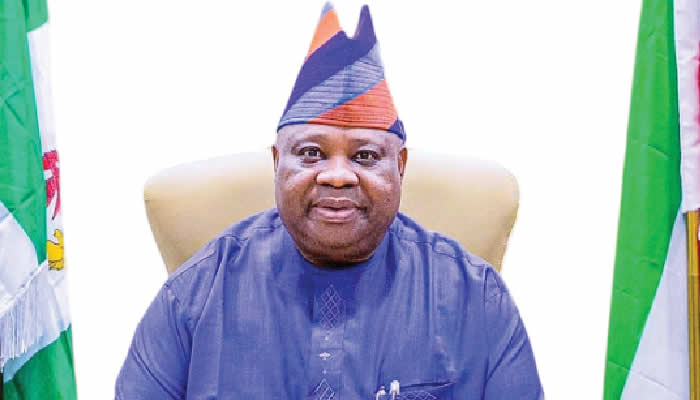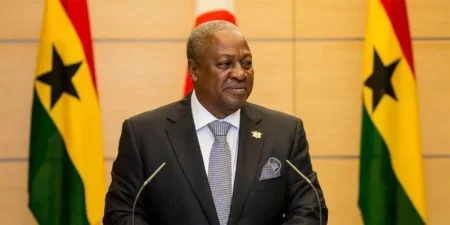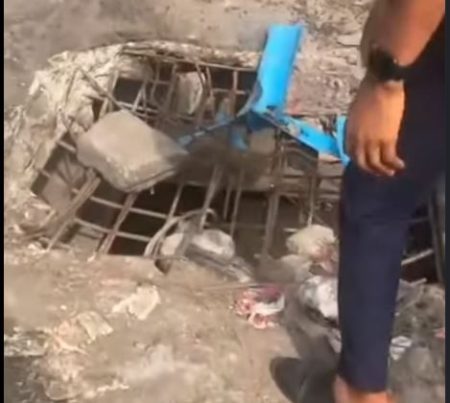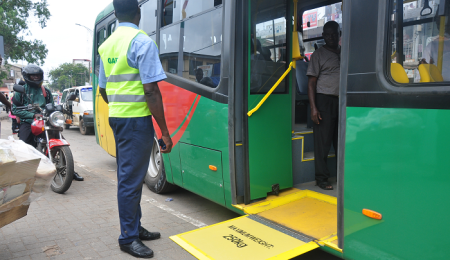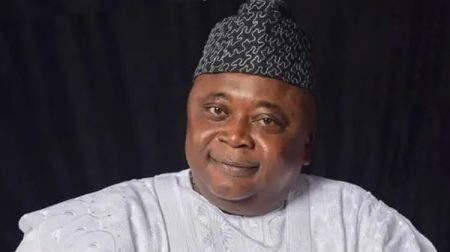The introduction of a N50,000 borehole drilling permit fee in Osun State, Nigeria, has sparked a contentious debate between the state government and a coalition of concerned citizens. The government defends the fee as a necessary regulatory measure to ensure the safety and quality of water resources, while the citizens’ group denounces it as an exploitative burden on residents already struggling with inadequate access to clean water. This disagreement underscores the critical challenge of balancing environmental protection with the fundamental right to access essential resources.
The Osun State government, under Governor Ademola Adeleke, argues that the fee is essential for regulating the proliferation of boreholes in the state. According to Water Resources Commissioner Sunday Oroniyi, the permit system allows the government to monitor the location and construction of boreholes, ensuring compliance with safety standards and preventing environmental damage. Furthermore, the fee facilitates water quality testing, safeguarding public health by ensuring the water consumed from these boreholes is safe. The government maintains that the fee was established after consultations with the Association of Water Well Drilling Rig Owners and Practitioners (AWDROP), suggesting industry acceptance of the new regulation.
The Coalition of Concerned Nigerian Citizens, however, vehemently opposes the policy, characterizing it as an unfair imposition on residents already burdened by the government’s failure to provide adequate clean water. The coalition argues that access to water is a fundamental human right, and citizens should not be forced to pay for what should be a readily available public service. They contend that the N50,000 fee will exacerbate the financial strain on households, particularly given that a significant portion of the population relies on boreholes as their primary water source due to the inadequacy of the government’s water supply system. This reliance, they assert, is a direct consequence of the government’s longstanding failure to provide adequate public water infrastructure, and the new fee effectively penalizes citizens for the government’s shortcomings.
The coalition further questions the government’s claim of consultation with AWDROP, raising suspicions about the true motivations behind the policy. They suspect the fee is primarily a revenue-generating measure disguised as a regulatory initiative, exploiting the public’s need for water to bolster the state’s coffers. This skepticism is fueled by the government’s perceived lack of transparency in the consultation process and the apparent denial of involvement by AWDROP members, according to the coalition’s account. The coalition demands the immediate repeal of the policy, urging the government to prioritize the needs of its citizens by investing in improving public water infrastructure and ensuring affordable access to clean water for all residents.
The clash between the government and the citizens’ group highlights the complex interplay between resource management, public health, and socio-economic realities. While the government emphasizes the importance of regulation and resource protection, the citizens’ group prioritizes affordability and access, arguing that basic necessities should not be subject to exorbitant fees. This conflict underscores the need for a more comprehensive approach to water resource management that balances the competing interests of environmental sustainability and equitable access.
The situation in Osun State reflects a broader challenge faced by many developing nations grappling with limited resources and burgeoning populations. The demand for essential resources like water often outpaces the capacity of governments to provide adequate infrastructure and services, leading to reliance on private solutions, such as borehole drilling. This, in turn, necessitates effective regulation to prevent over-exploitation and ensure safety and sustainability. However, balancing the need for regulation with the imperative of affordability and accessibility remains a persistent challenge, often resulting in contentious policy debates like the one unfolding in Osun State. This underscores the need for inclusive and participatory policy-making processes that consider the perspectives of all stakeholders, ensuring that policies effectively address the needs of the population while safeguarding the environment. Finding sustainable solutions requires a collaborative approach that involves government, civil society, and the private sector working together to address the complex challenges of water resource management.





